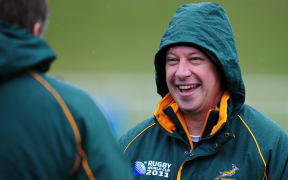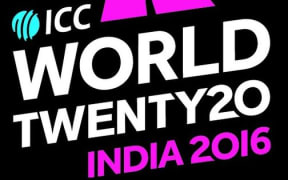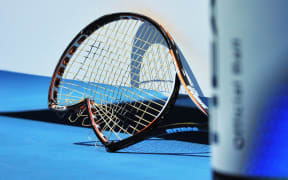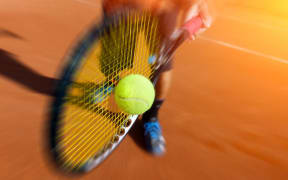New Zealand's Olympic footballers are learning the tricks of match fixing to guard against corruption amid warnings the Rio games could be the world's biggest betting event.
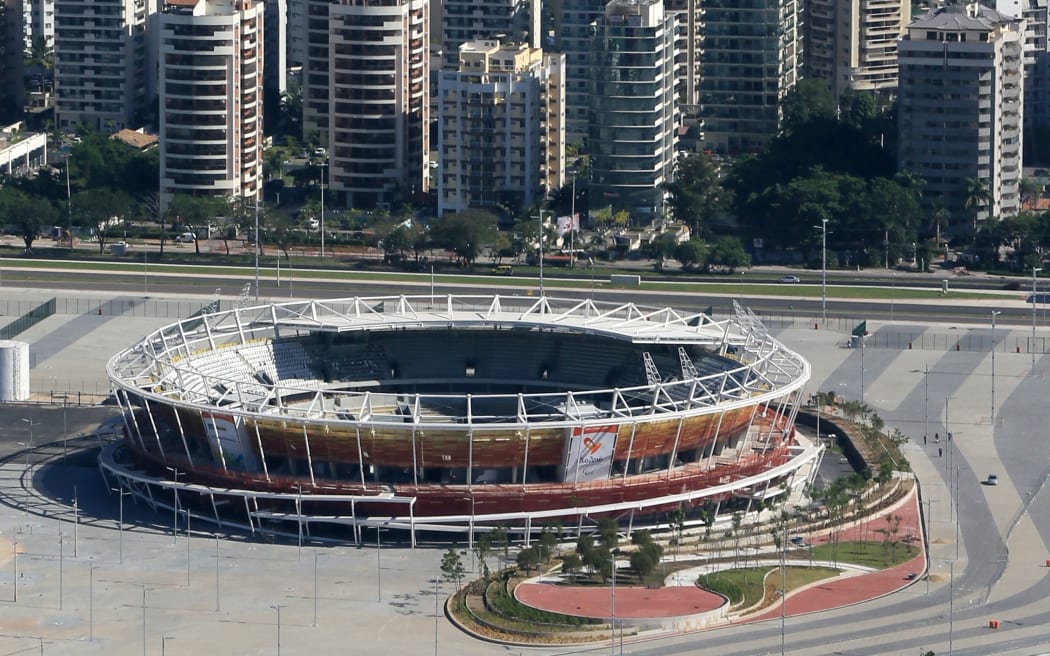
The Olympic Park in Rio de Janeiro Photo: AFP
The rise of corruption in sport has prompted sports bosses to draw up gambling codes for athletes and officials going to Rio, although one expert believes it will not be enough to stamp out match fixing.
Football Ferns' lawyer Andrew Scott-Howman said the team would know how to spot and dob in a match fixer by the time they arrived in Rio for the games in August.
"What we attempt to do is educate the players by telling them how you would fix a match if you were so inclined so they will know what to look for when they are assembled with the team in Rio."
"Our players will have access to an app on their smartphone which allows them to report any suspicious activities confidentially," he said.
Gambling at Rio was not against the rules but athletes and officials were banned from betting on their own sport, and anyone found guilty of match fixing faced a lifetime suspension from their sport and a criminal conviction.
Mr Scott-Howman said officials were worried that poorer players would be tempted to make a few thousand dollars, while the match fixer could make several hundred thousand dollars on one throw alone.
The Football Ferns would be on high alert because team events were easier to fix than individual competitions, he said.
"Match fixing is such an insidious thing and what people don't appreciate is the incredible profit that someone can make out of fixing even a very small incident within a game.
"So for example, if you could control the first stoppage of play, so let's say that you want it to be a throw-in to the opposition, you can, depending on where you place a bet, get a return of seven to one on that outcome."
New Zealand olympic athletes have been told to be wary of strangers who try to become friends, people pretending to be agents or offers of sponsorship.
And it is not just the footballers getting educated about the risks.
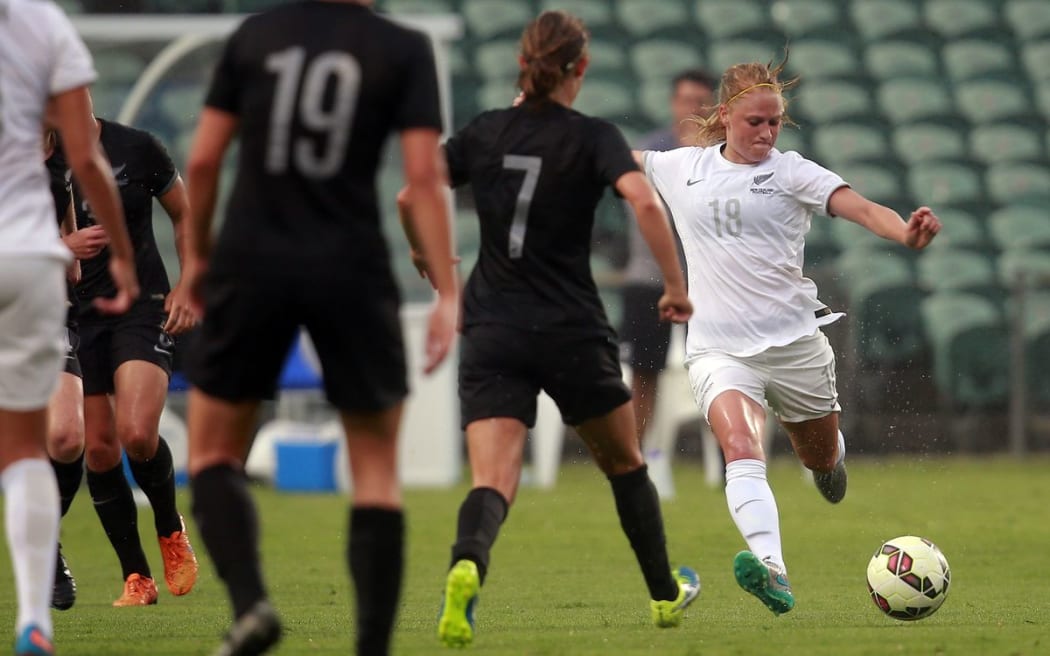
Football Ferns' CJ Bott looks to pass the ball at a match in Auckland in January. The team is being trained on how to spot match-fixing and will have a smartphone app allowing them to report anything suspicious. Photo: PHOTOSPORT
The TAB's Mark Stafford has been working with sports managers, police and government agencies on anti-corruption measures in sport. He said most New Zealand athletes had not been exposed to corruption because of the country's relative isolation.
However, changes in technology meant New Zealand could not rely on this.
"Just with the far reach of broadcasting on livestreaming, on television, on internet, I think it would be irresponsible to think that we are going to be void of participants being approached, in the first instance anyway," Mr Stafford said.
The TAB would also monitor any gambling activities by people in New Zealand who were closely connected with the Rio athletes to ensure they did not use inside information to bet. "They know that we will be watching and they know that we have international relationships with other corporate bookmakers as part of a wider web."
Need for international cooperation
Gambling researcher Charles Livingstone, from Melbourne's Monash University, said corruption at Rio would be difficult to control, with the amount of betting at an all-time high from "relentless" promotion by international gambling companies.
"All sorts of sports are going to be offered on bookies' lists. You'll be able to go online and bet 24/7 anywhere on earth as to who is going to win a heat of the water polo.
"So until we start looking at international remedies for this they are not going to get anywhere because online gambling, in particular, is an international business. It knows no borders, it doesn't respect those national boundaries."
Unlike doping in sport which had an international body - the World Anti-Doping Agency - gambling had no international agreement, which meant sports officials would struggle to stamp out corruption. "Its really essential that we end up with a world anti-corruption body focused on preventing athletes and officials from being corrupted by gambling in their business, in their games."
